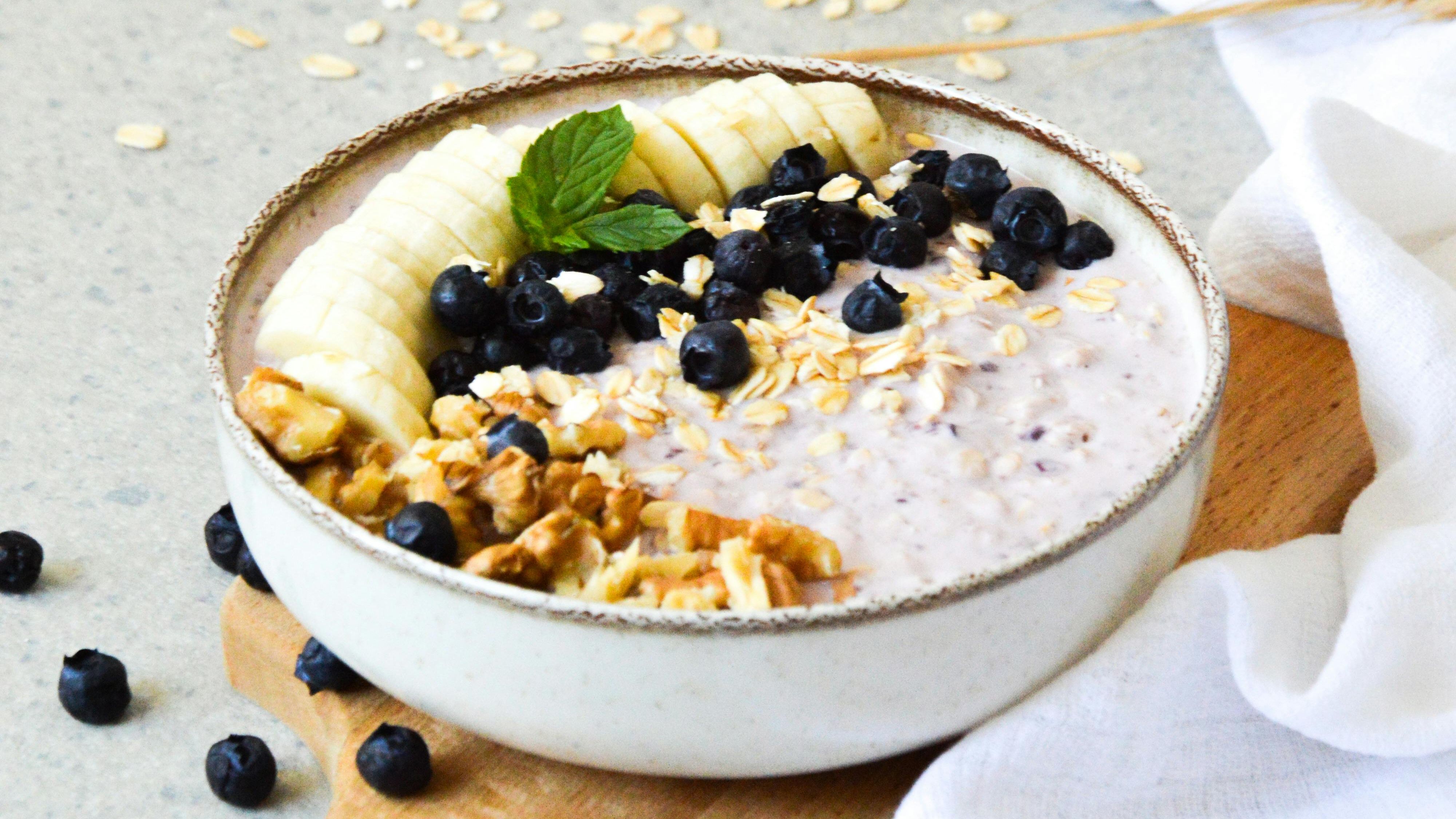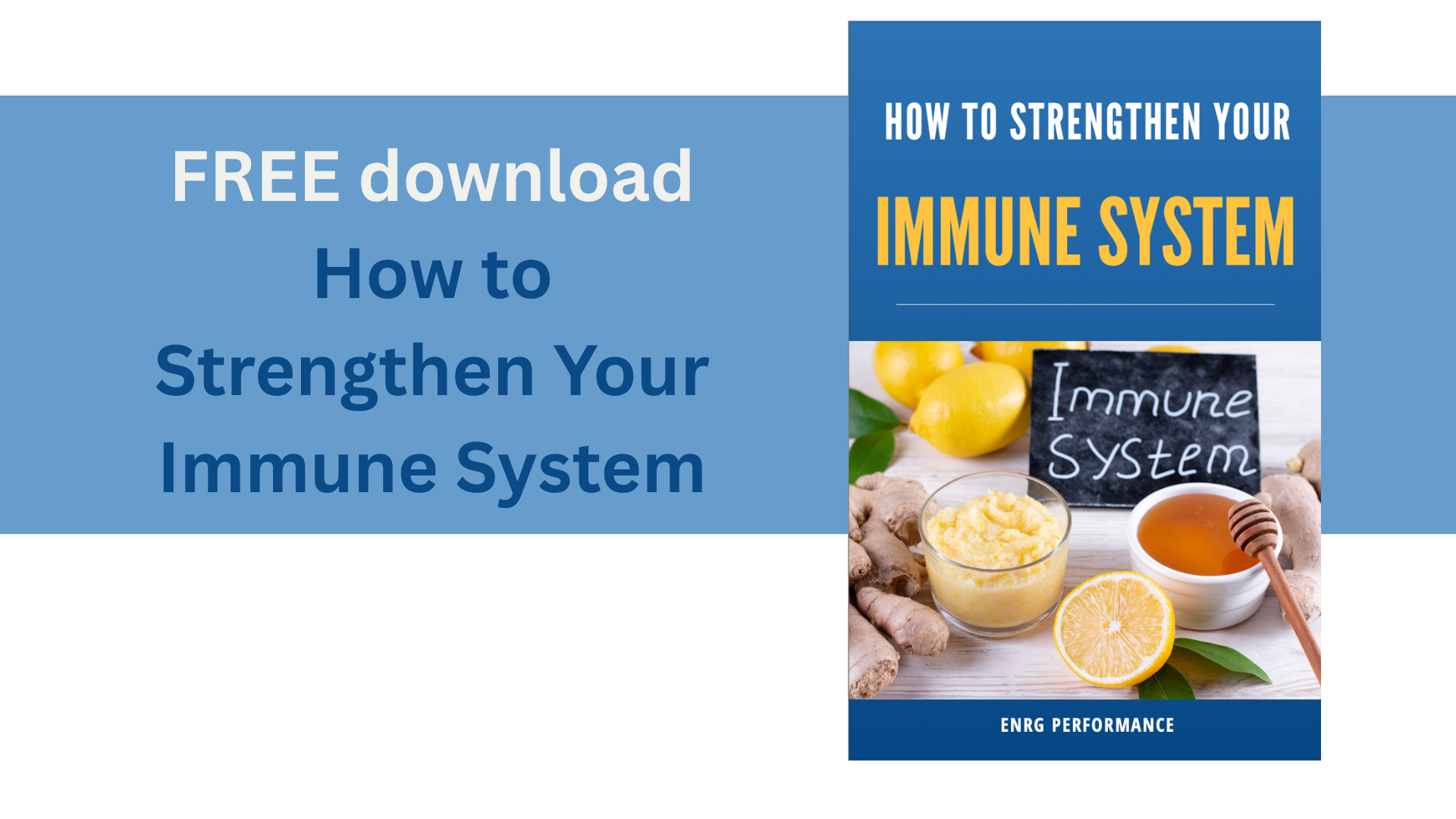10 Common Foods That May Cause GI Distress
Nov 25, 2023
Digestive discomfort is a common concern for many individuals and certain foods can contribute to gastrointestinal (GI) distress. Being aware of these culprits can help you make informed choices for a happier, more comfortable digestive experience.
-
Cruciferous vegetables
- Foods like broccoli, cauliflower and Brussels sprouts are rich in fiber and nutrients but they also contain compounds that can lead to gas and bloating in some individuals. Cooking these vegetables may make them easier to digest.
- Foods like broccoli, cauliflower and Brussels sprouts are rich in fiber and nutrients but they also contain compounds that can lead to gas and bloating in some individuals. Cooking these vegetables may make them easier to digest.
-
Beans and legumes
- While excellent sources of protein and fiber, beans and legumes can cause GI distress due to their high fiber content. Soaking them before cooking and gradually increasing intake can help minimize discomfort.
- While excellent sources of protein and fiber, beans and legumes can cause GI distress due to their high fiber content. Soaking them before cooking and gradually increasing intake can help minimize discomfort.
-
Dairy products
- Lactose, the sugar found in milk and dairy products, can be challenging for some people to digest. Lactose intolerance can lead to symptoms such as bloating, gas and diarrhea. Consider lactose-free alternatives or lactase supplements if needed.
- Lactose, the sugar found in milk and dairy products, can be challenging for some people to digest. Lactose intolerance can lead to symptoms such as bloating, gas and diarrhea. Consider lactose-free alternatives or lactase supplements if needed.
-
Fatty foods
- High-fat foods, especially those high in saturated and trans fats, can slow down digestion, leading to feelings of fullness, discomfort or indigestion. Choose fat-rich foods like avocados, nuts and olive oil.
-
Spicy foods
- Spicy foods can irritate the digestive tract and cause discomfort, including heartburn or acid reflux. Moderation is key, especially if you are prone to any GI distress symptoms.
-
Carbonated beverages
- Carbonated drinks can introduce excess gas into the digestive system, leading to bloating and discomfort. Choose “no gas" water or other non-carbonated alternatives to stay hydrated.
-
Artificial sweeteners
- Some artificial sweeteners, particularly those ending in "-ol" (like sorbitol and xylitol) are sugar alcohols and can cause digestive upset and lead to gas and diarrhea.
-
Caffeine
- While a morning cup of coffee can provide a pick-me-up, excessive caffeine intake can stimulate the digestive tract, leading to increased bowel movements and potential discomfort. Moderation is key.
-
Highly processed foods
- Processed foods, especially those high in refined sugars and artificial additives, can disrupt the balance of gut bacteria and contribute to digestive issues. Choose minimally processed foods for better digestive health.
- Processed foods, especially those high in refined sugars and artificial additives, can disrupt the balance of gut bacteria and contribute to digestive issues. Choose minimally processed foods for better digestive health.
-
Alcohol
- Excessive alcohol consumption can irritate the stomach lining and contribute to acid reflux. During the holiday times (and always), be sure to practice moderation and drink more water when consuming alcoholic beverages.
- Excessive alcohol consumption can irritate the stomach lining and contribute to acid reflux. During the holiday times (and always), be sure to practice moderation and drink more water when consuming alcoholic beverages.
Remember that individual responses to these foods vary and what causes discomfort for one person may not affect another. If you consistently experience any GI distress symptoms, I would recommend consulting with one of the eNRG Performance Sport Dietitians to identify specific triggers and develop a personalized approach to address your digestive concerns.
SUBSCRIBE AND WE WILL DROP SOME HEALTHY INSPIRATION IN YOUR INBOX
We hate SPAM. We will never sell your information, for any reason.







